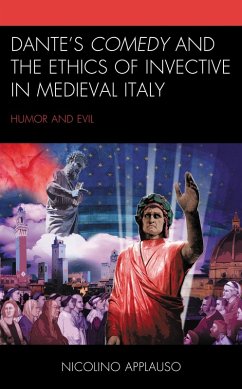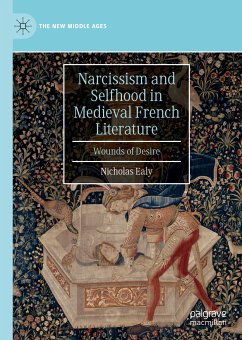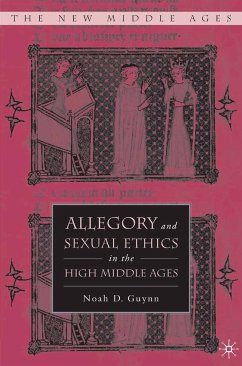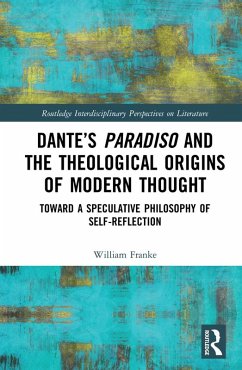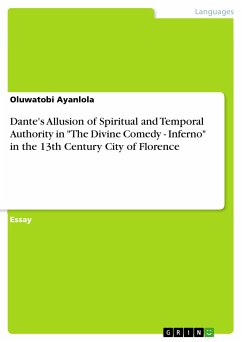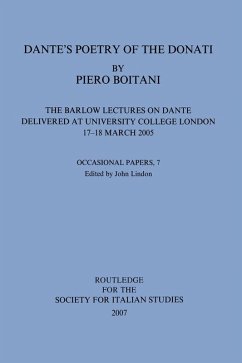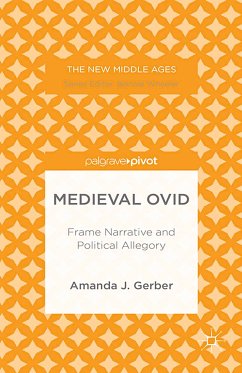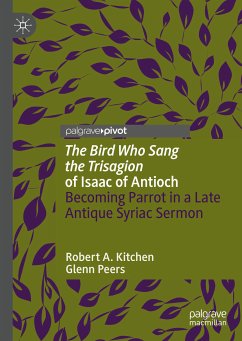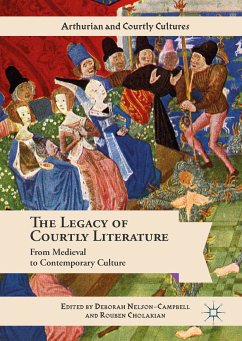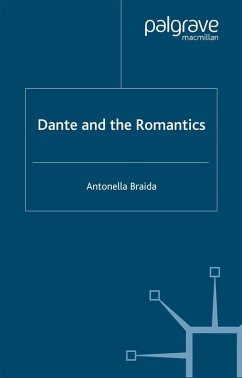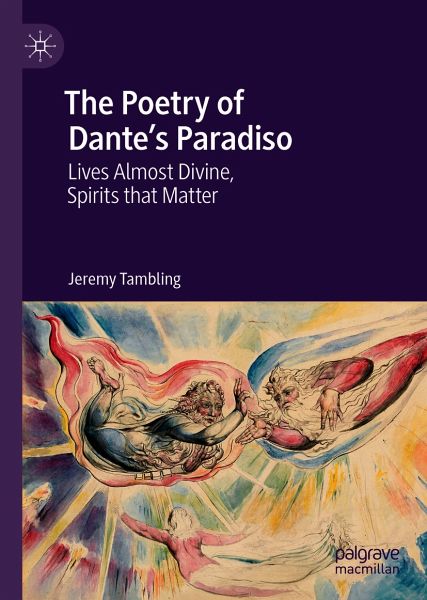
The Poetry of Dante's Paradiso (eBook, PDF)
Lives Almost Divine, Spirits that Matter
Versandkostenfrei!
Sofort per Download lieferbar
56,95 €
inkl. MwSt.
Weitere Ausgaben:

PAYBACK Punkte
28 °P sammeln!
This book argues that Paradiso - Dante's vision of Heaven - is not simply affirmative. It posits that Paradiso compensates for disappointment rather than fulfils hopes, and where it moves into joy and vision, this also rationalises the experience of exile and the failure of all Dante's political hopes. The book highlights and addresses a fundamental problem in reading Dante: the assumption that he writes as a Catholic Christian, which can be off-putting and induces an overly theological and partisan reading in some commentary. Accordingly, the study argues that Dante must be read now in a post...
This book argues that Paradiso - Dante's vision of Heaven - is not simply affirmative. It posits that Paradiso compensates for disappointment rather than fulfils hopes, and where it moves into joy and vision, this also rationalises the experience of exile and the failure of all Dante's political hopes. The book highlights and addresses a fundamental problem in reading Dante: the assumption that he writes as a Catholic Christian, which can be off-putting and induces an overly theological and partisan reading in some commentary. Accordingly, the study argues that Dante must be read now in a post-Christian modernity. It discusses Dante's Christianity fully, and takes its details as a source of wonder and beauty which need communicating to a modern reader. Yet, the study also argues that we must read for the alterity of Dante's world from ours.
Dieser Download kann aus rechtlichen Gründen nur mit Rechnungsadresse in A, B, BG, CY, CZ, D, DK, EW, E, FIN, F, GR, HR, H, IRL, I, LT, L, LR, M, NL, PL, P, R, S, SLO, SK ausgeliefert werden.



